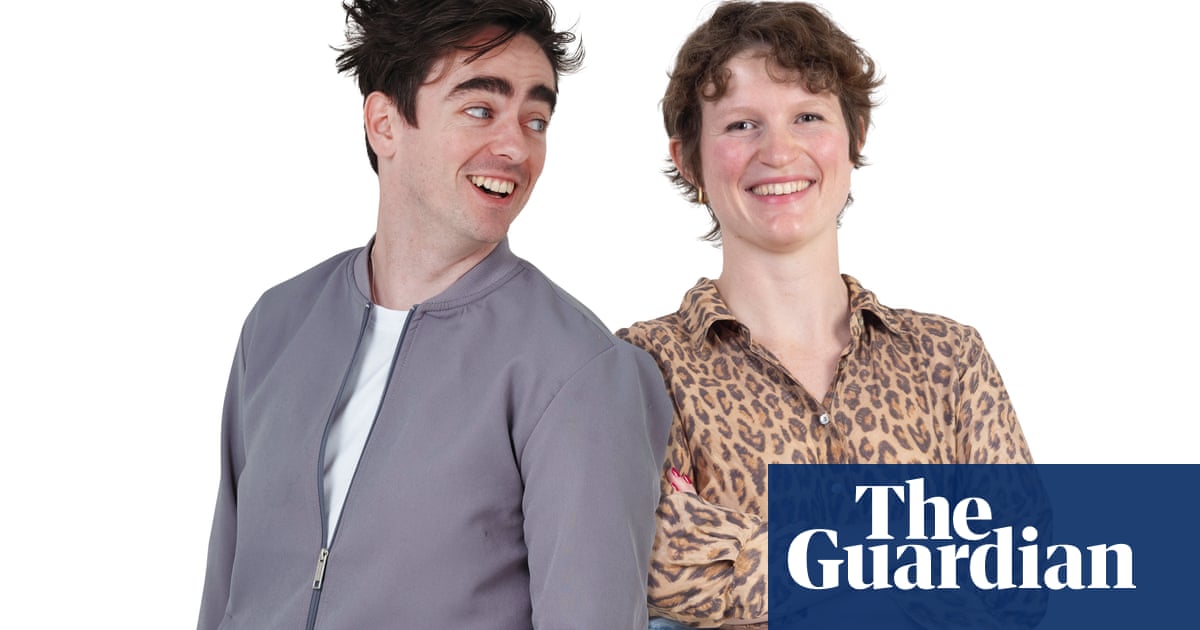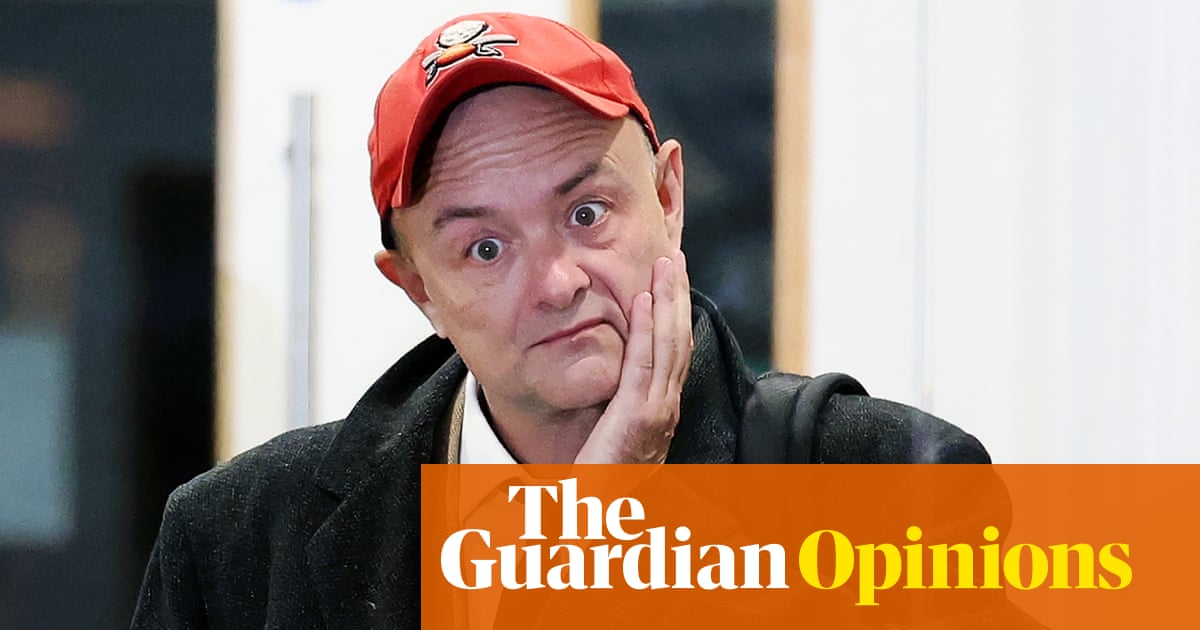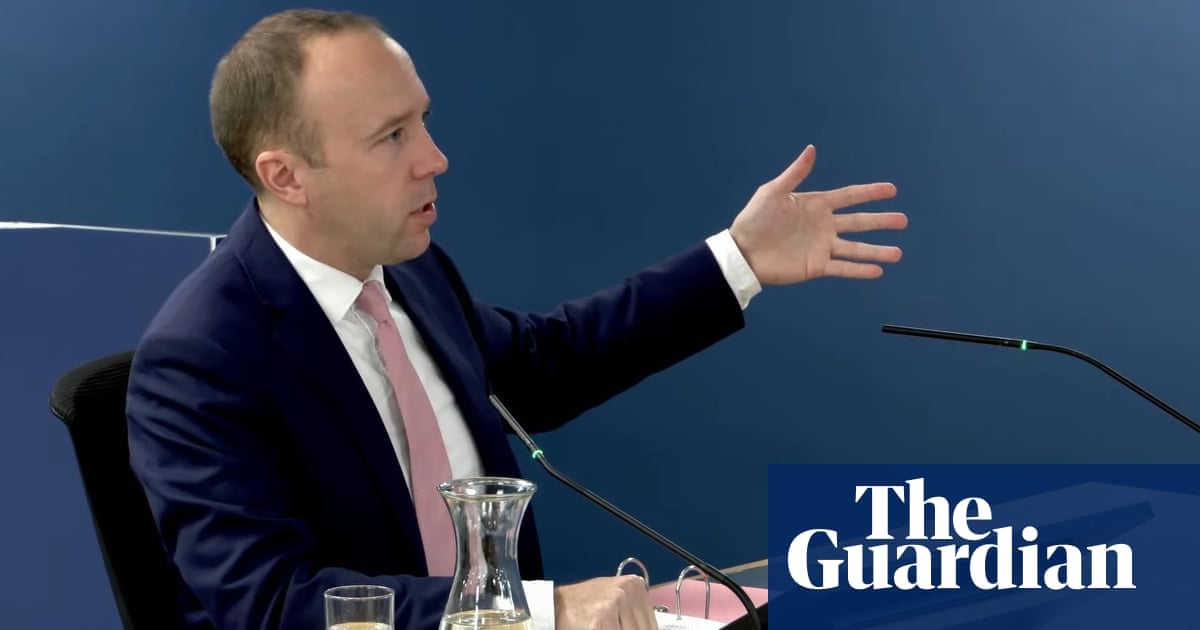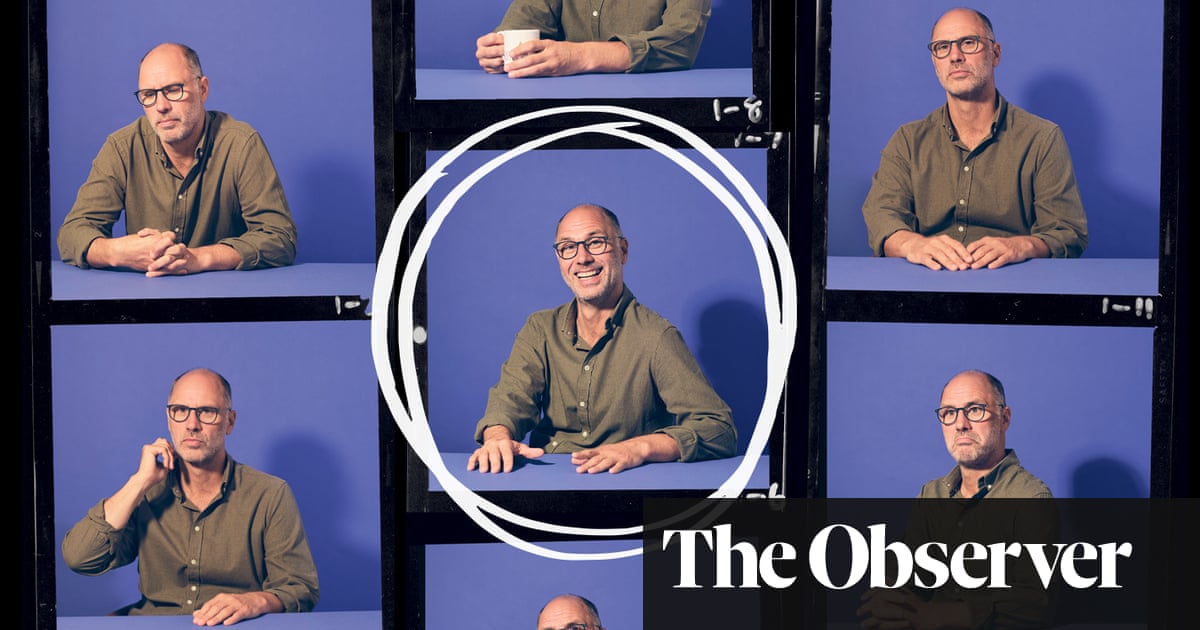
When Malcolm Gladwell’s good friend Jacob Weisberg suggested he update his bestselling first book, The Tipping Point, a quarter of a century after its publication, Gladwell was sceptical. “It seemed like the sort of thing you would do at the end of your life – like when a rock band puts out the greatest hits album, or the acoustic version,” he says, laughing. The analogy is apt. Gladwell has come as close as any writer could to rock stardom. He’s the rare journalist famous enough to be recognised on the street. He has a look. He’s the small skinny guy with the big hair, and at 61, he has retained a certain boyishness, evident when he speaks to me on a video call from his home in upstate New York, dressed in a yellow T-shirt and a grey zip-up fleece.
Gladwell has known Weisberg for decades. He is the executive chair of Pushkin Industries, the audio production company responsible for Gladwell’s blockbuster Revisionist History podcast, clearly a man with a keen commercial nose. And Gladwell overcame his scepticism quickly, because when he returned to his early writing, he realised he didn’t want to simply update the book – he wanted to write an entirely new one. This wouldn’t be the acoustic version of The Tipping Point. It would be more like the revisionist version.
The central idea of The Tipping Point was that social trends, from crime waves to footwear fashions, spread much like epidemics. They grow slowly at first and then, suddenly, they take off. This he still believes to be true, but some of the stories Gladwell used to illustrate his theory have aged very badly. The chapter on crime, well, “it is almost embarrassing to read now,” Gladwell says. Then, he attributed the fall in crime in New York City in the 90s to “broken windows” policing, the idea that you can reduce serious offending by cracking down heavily on low-level problems such as graffiti and fare-jumping. We know now that broken windows policing wasn’t responsible for the fall in the city’s crime rate – in part because crime mysteriously dropped again in the 2010s, after policies such as stop and search were rescinded. Worse still, it contributed to the aggressive over-policing of low-income, minority neighbourhoods and the mass incarceration of New Yorkers of colour.
Gladwell says he takes “a secret pleasure in discovering the ways I was wrong”, and he admires people – his father, Graham, a British mathematician, was one of them – who readily jettison old ideas when they learn something new. “You’ve got to keep moving, because the world moves around you and you learn more. You can’t just stand by something you wrote in 1999,” he says. “Maybe it would be a good idea for anyone who writes a book that tries to make sense of the world to be forced every 25 years to go back and revisit the original thesis.”
When The Tipping Point was published, Gladwell was a New Yorker staff writer and a self-described “36-year-old social recluse”. He was reportedly paid a $1-1.5m advance. (“I can’t remember exactly – but it was some astronomical figure, yes,” Gladwell says, sounding embarrassed.) He’d grown up in the small Mennonite town of Elmira in Canada – his father taught at the nearby university and his mother, who is Jamaican, worked as a psychotherapist – and the New York book scene was alien to him. “The whole thing was a crazy experience that took a long time to sink in.”
The Tipping Point didn’t take off right away. But by 2003, when the US defence secretary Donald Rumsfeld kept referring to “tipping points” in the US-led invasion of Iraq, the New York Times groused that the phrase Gladwell had popularised was the “overpowering cliche of the year”. Gladwell credits his success to a combination of luck and hard work: he spent four years on an almost-permanent book tour and “if you’re willing to spend an enormous, unhealthy amount of your time talking about your book, it will gain some currency”. But also, he says, this was a book with a “beautiful” central idea, one that chimed with the optimism of the era. “The cold war ends. New York and many American cities suddenly become safe. The crack epidemic ends, all these social problems that were all people talked about in the 80s and 90s, like teenage pregnancy, go down … and I think people wanted an explanation for why things had gone from dark to light so quickly.”
Gladwell followed his debut with a string of bestsellers, first Blink (2005) on the power of intuition, then Outliers (2008), on how people become successful, which popularised the idea that it takes 10,000 hours of practice to become an expert. His books may be wildly popular, but critics have been saying the same things about Gladwell for 25 years: that he relies too heavily on cherrypicked anecdotes, that his arguments are simplistic or obvious or both. “It’s been a long time since I’ve taken those comments seriously, if I ever did. A review is one person’s opinion,” Gladwell says. “My books are not for everyone. You have to be interested in this kind of ride.”
And he knows how to make a ride fun. If his first book spawned a new genre of popular science writing, the kind that interweaves science and story, that introduces readers to academic research via colourful characters and cliffhangers and chatty asides, then Revenge of the Tipping Point might be his most Gladwellian to date. It’s also darker than the original. The Tipping Point concluded with a message of empowerment: the world “might seem like an immovable, implacable place. It is not. With the slightest push – in the right place – it can be tipped,” he wrote. Now Gladwell is more curious about who is doing the pushing: if epidemics are often shaped by a handful of individuals, how do you prevent malicious actors from exerting an outsized influence?
Revenge of the Tipping Point is bookended by an account of the US opioid epidemic, chronicling how Purdue Pharma missold the prescription painkiller OxyContin, causing millions to become addicted to the pills and their street drug alternatives, heroin and fentanyl. As the crisis peaked, Gladwell writes, 1% of American doctors were responsible for 49% of American opioid prescriptions. These corrupt doctors, who were aggressively targeted by Purdue sales reps, were the super-spreaders, something policymakers were tragically slow to appreciate. “We were so worried about the behaviour of doctors as a whole that we overlooked the fact that even if 95% of your doctors do exactly what they should do and behave in an ethical manner, you could still have a catastrophic epidemic,” Gladwell says.
Another group in Gladwell’s targets is Harvard admissions tutors – a fact that might not be surprising to regular listeners of Revisionist History, which regularly covers unfairness in American higher education. He begins the discussion, in typical Gladwellian style, by wondering why Harvard went to such effort to establish a women’s rugby team in 2013. The reason, he suggests, is that sports scholars tend to be wealthy and white, and Harvard uses these scholarships to manipulate the demographic makeup of its campus. When questioned on the practice, admissions tutors tend to argue that athletes enrich campus culture, an argument that Gladwell finds unconvincing. But what about the admissions tutors themselves – how conscious is their bias in favour of rich white kids? “My suspicion is that for many people it’s unconscious, but there must be a point at which [Harvard admissions tutors] are confronting the fact that they have gone to extraordinary lengths to make sure that their campus hasn’t become dominated by Asians and Indians.” In the book he notes that at Caltech, a competitive university with a meritocratic admissions process, the proportion of Asian American students jumped from 25% to 43% between 1992 and 2013. Over the same period at Harvard, which manipulates the process through legacy, donor admissions and athletics scholarships, the proportion of Asian-American applicants has remained roughly constant, at 15-20%. Indian applicants are even more likely to be excluded by Harvard’s application process.
Gladwell holds most ideas lightly – he says he wants his books to spark conversation and debate and doesn’t set out to persuade – but inequality in higher education is one subject he cares about passionately. “I am more than annoyed, I am deeply distressed by the corruption of meritocracy,” Gladwell says. “Meritocracy is one of the most beautiful inventions of the 20th century. It is a foundation of a free society. People will believe in their society when they believe merit and hard work are rewarded and will lose their faith in society when they believe it is not. I believe we have a sacred duty to police the purity of our meritocracy, and when we take our eye off that, we are inviting trouble,” he says.
He argues, among other things, for blinding educational institutions in CVs and job interviews, to make hiring more meritocratic, and says that Oxbridge should double the number of students they admit annually. “The population of England has grown. The number of spaces in Oxford and Cambridge hasn’t grown proportionately,” he says. “It’s bullshit.”
In 2022, the US supreme court outlawed race-based affirmative action (admissions policies designed to support under-represented minorities), causing Black and minority ethnic student enrolment to drop in many universities. It is often argued that the country’s highest court has become dangerously partisan and divided, but Gladwell sees the problem differently. He blames a lack of educational diversity among America’s most senior lawyers. “All of the justices of the supreme court, with the exception of one, went to either Harvard or Yale law school … it simply cannot be the case that 95% of the most able legal minds in America went to one of two law schools,” he says. “The problem is they are all products of the same intellectualised environment. They make rulings that have nothing to do with day-to-day realities.”
If The Tipping Point coincided with the high tide of American hopefulness, what kind of country does Gladwell feel he’s writing for now? “It’s a little more of an anxious time,” he says, something he attributes to America’s ageing population. The baby boomers are reaching retirement age – “and that’s not the most optimistic part of your life, right?” He believes older Americans are also driving anti-immigration sentiment: “The kind of hysteria around outsiders – this is a totally, I am sure, outrageous thing to say – but it strikes me as the kind of grumpiness you’d get from your cranky uncle.”
Right after the 2016 election Gladwell predicted that President Trump would be in jail within a year, something that Gladwell’s mother likes to remind him of at least once a week. Suffice to say, he no longer wants to make political predictions. “Every time I think something [Trump] says is going to be the end of him, I’m proved wrong.”
Gladwell is supporting vice-president Kamala Harris in the upcoming presidential election. “I have a strong partisan rooting interest in the fact she’s half Jamaican, as I am,” he says. His mother, Joyce, comes from the same small town as Harris’s father. “All the Jamaicans in my life are beside themselves with excitement,” he says.
Gladwell remains very close to his mother. She was delighted when, after decades of being chronically, almost famously, single, he recently settled down. “She was growing very old, waiting,” he says. He now lives in Hudson with his partner and daughters, who are aged three and one, and he’s discovered that parenthood is “the greatest productivity mechanism ever invented”. A former competitive runner, he still runs daily – and fast – and reads voraciously, but his workdays are more compressed. He worries about how much he’ll miss his daughters on his upcoming book tour. Gladwell sees parenthood as a fun, and constant, exercise in intellectual humility. Just when you think you’ve understood something about your child they change, and you must rewrite your story about them.
In the run-up to the 2016 election, Gladwell argued that Americans weren’t prepared to elect a female president. Has that story changed? “If the notion that supported misogyny was that men were somehow magically more capable of handling difficult, stressful leadership positions than women, then the last eight years have put a lie to that. You have arguably the most corrupt, incompetent president for four years, and then you have Biden. Biden was a fine president, but by the end he’s … mildly nodding out,” he says. “Men have been screwing up around the world with such abandon over the last eight years that I think, empirically, it becomes very hard to maintain your misogyny in the face of, you know, 50 examples of male venality.
“So am I in the tank for Harris? Absolutely! Do I think America’s ready? Yeah!”
Revenge of the Tipping Point by Malcolm Gladwell is published by Little, Brown (£25.00). To support the Guardian and the Observer buy a copy at guardianbookshop.com. Delivery charges may apply.












